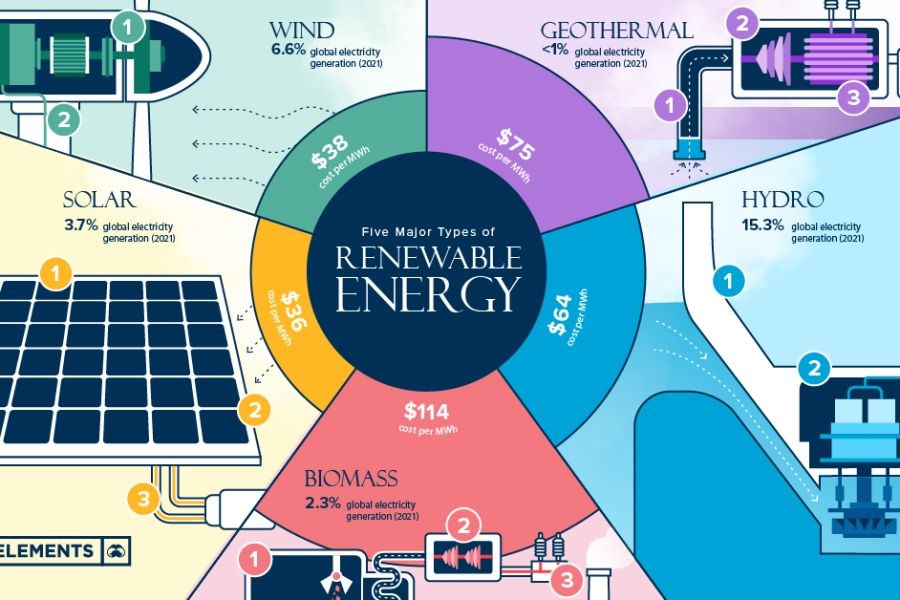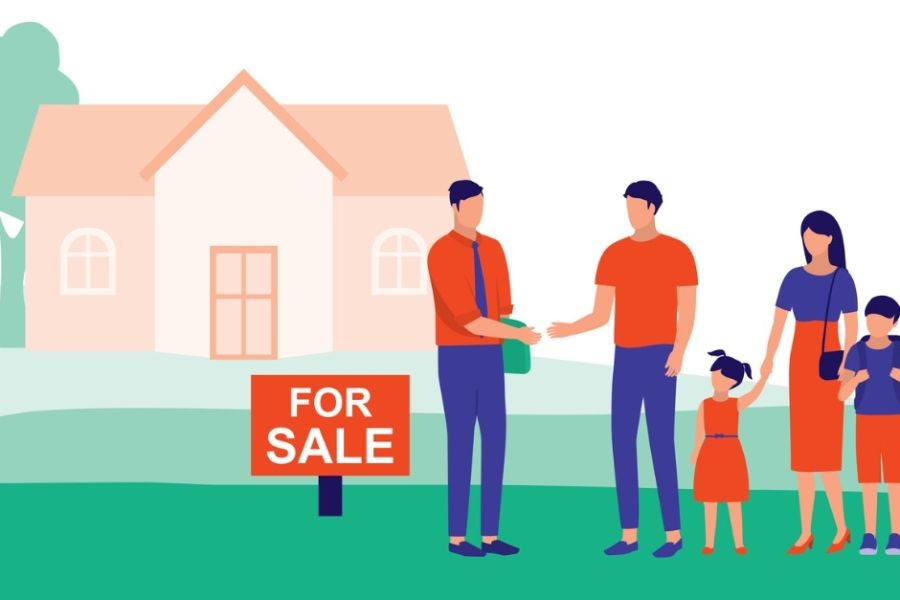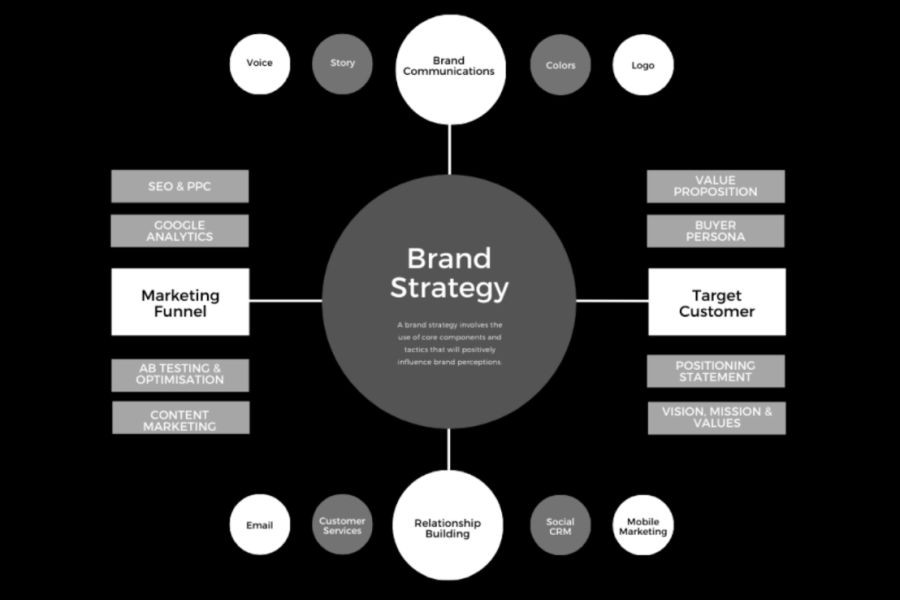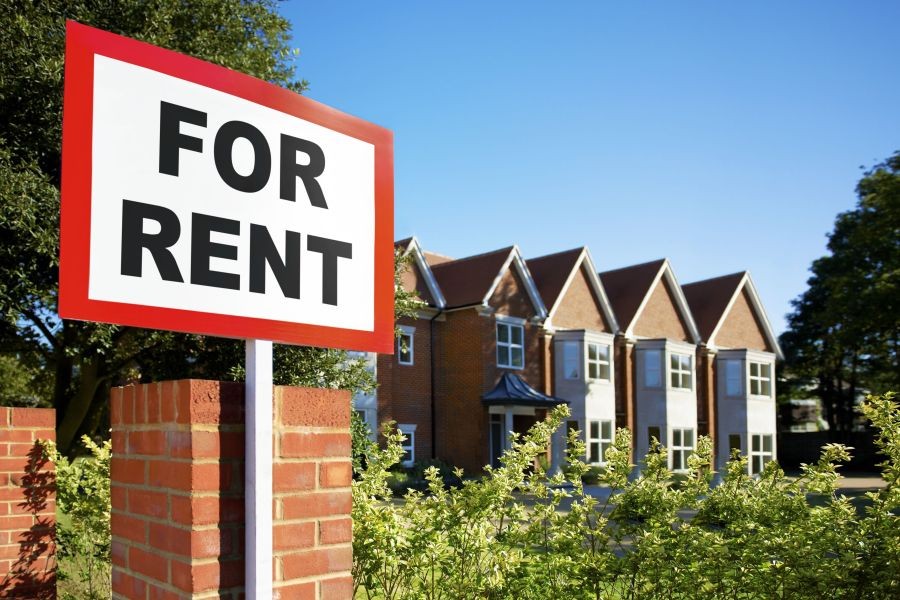In New Zealand, homelessness is more than just a social issue—it's a national crisis that underscores deeper systemic challenges. With more than 41,000 people experiencing homelessness across the country, according to Statistics New Zealand, the problem has escalated to a level that demands urgent attention. This challenge not only affects those without homes but also has far-reaching implications for the economy, public health, and national social cohesion.
🔹 The Economic Impact of Homelessness
Homelessness is not just a moral or social issue; it has profound economic implications. According to a report from the Ministry of Business, Innovation & Employment (MBIE), homelessness costs the New Zealand economy approximately $1 billion annually. These costs arise from increased healthcare needs, social services, and lost productivity. Addressing homelessness could, therefore, result in significant economic savings and improve national productivity.
📉 A Strain on Public Resources
Public resources are heavily taxed by the needs of homeless populations. Healthcare facilities, for instance, are often the first stop for those without shelter, adding to the burden on an already strained healthcare system. A study by the University of Otago highlighted that homeless individuals were more than three times likely to be hospitalized for preventable conditions than those with stable housing.
🔹 Case Study: Housing First Approach
One promising solution that has shown results is the "Housing First" approach, which was adopted in Auckland and later expanded to other regions. This model provides immediate housing to individuals without requiring them to first address issues like substance abuse or mental health. The results have been encouraging, with a 60% reduction in chronic homelessness in areas where this model is implemented.
Problem: Chronic homelessness was a persistent issue in Auckland, with many individuals cycling between shelters and the streets.
Action: The Housing First initiative provided permanent housing alongside wrap-around support services.
Result: There was a 60% reduction in chronic homelessness, and participants reported improved mental health and job stability.
Takeaway: Providing stable housing first can lead to better long-term outcomes for individuals and society.
🔍 Why Housing First Works
The Housing First model challenges traditional views that one must be 'housing ready' before receiving permanent housing. By immediately providing shelter, individuals can then focus on other aspects of their lives, including employment, health, and education, leading to more comprehensive solutions to homelessness.
🔹 Common Myths & Mistakes
- Myth: Homelessness is primarily due to personal failings.
- Reality: Homelessness is often a result of systemic issues such as lack of affordable housing, unemployment, and inadequate social support systems.
- Myth: Providing shelters is the best solution to homelessness.
- Reality: Shelters are temporary solutions. Long-term housing solutions, like the Housing First model, have proven more effective.
🚀 Future Trends & Predictions
Looking forward, New Zealand is poised to continue expanding the Housing First model, aiming for a 50% reduction in homelessness by 2028. According to a recent MBIE report, integrating technology into social services—such as AI for better resource allocation—could enhance the effectiveness and reach of homelessness interventions.
🔹 Conclusion
Homelessness in New Zealand is a complex issue that intersects with economic, health, and social systems. Addressing it requires a multifaceted approach that includes immediate housing solutions, systemic reform, and public awareness. As a nation, prioritizing homelessness not only upholds a moral imperative but also promises significant economic and social benefits. What’s your perspective on the homelessness crisis in New Zealand? Share your thoughts below!
🔍 People Also Ask (FAQ)
- How does homelessness impact New Zealand's economy?Homelessness costs the NZ economy approximately $1 billion annually in healthcare, social services, and lost productivity, according to MBIE.
- What are common misconceptions about homelessness in NZ?A common myth is that homelessness is due to personal failings, while it's often due to systemic issues such as lack of affordable housing.
- What strategies are effective for reducing homelessness?The Housing First approach, which provides immediate housing, has reduced chronic homelessness by 60% in some NZ regions.
🔍 Related Search Queries
- Housing First New Zealand
- Homelessness statistics NZ 2023
- Economic impact of homelessness NZ
- Affordable housing solutions NZ
- Chronic homelessness in Auckland































